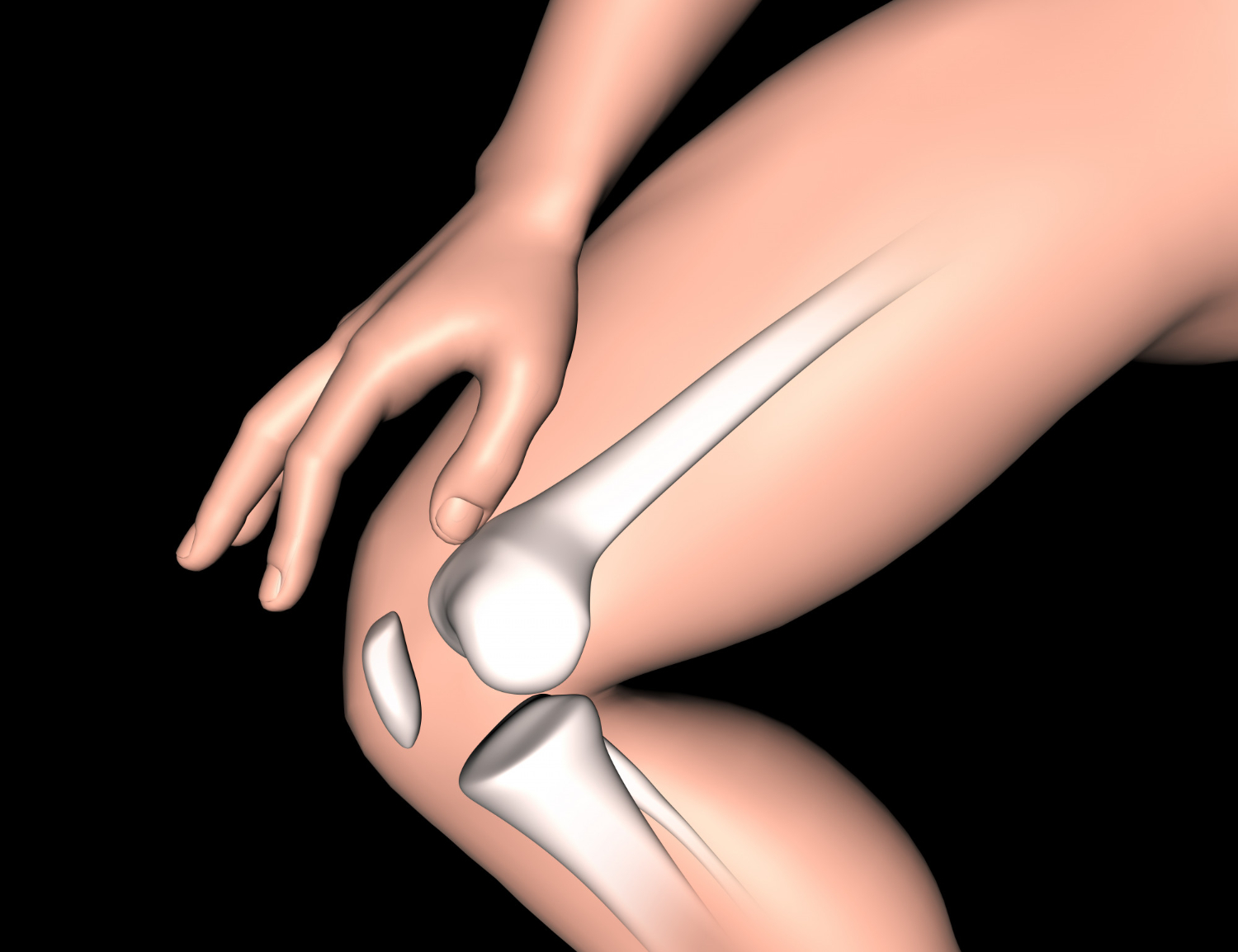Knee replacement surgery is a significant procedure that can greatly enhance the quality of life for those suffering from severe knee pain and disability. Dr. Amit Roy, a leading orthopedic surgeon based in Kolkata, shares valuable insights and expert tips to help patients navigate the journey of knee replacement surgery effectively.
Understanding Knee Replacement Surgery
Knee replacement, also known as knee arthroplasty, involves replacing a damaged knee joint with a prosthetic implant. This procedure is typically recommended for patients with severe osteoarthritis, rheumatoid arthritis, or post-traumatic arthritis, where other treatments have failed to provide relief.
Preparing for Surgery
- Comprehensive Evaluation: Dr. Roy emphasizes the importance of a thorough medical evaluation before surgery. This includes X-rays, MRI scans, and blood tests to ensure the patient is fit for surgery and to plan the procedure accurately.
- Pre-Surgical Conditioning: Patients are advised to engage in preoperative exercises to strengthen the muscles around the knee. This can aid in faster recovery post-surgery.
- Medication Management: It’s crucial to discuss all current medications with your surgeon. Some medications may need to be adjusted or temporarily stopped before surgery.
- Lifestyle Adjustments: Smoking cessation and weight management are important steps. Smoking can impair healing, while maintaining a healthy weight can reduce stress on the new joint.
The Surgical Procedure
Dr. Roy outlines that the surgery typically lasts 1-2 hours and involves the following steps:
- Anesthesia: General or spinal anesthesia is administered.
- Incision: A cut is made to access the knee joint.
- Bone Preparation: Damaged cartilage and bone are removed.
- Implant Placement: The prosthetic components are positioned.
- Closure: The incision is closed with sutures or staples.
Post-Surgery Recovery
- Hospital Stay: Patients usually stay in the hospital for 2-3 days post-surgery. Pain management, wound care, and initial physical therapy begin during this period.
- Physical Therapy: Continuous physical therapy is crucial for regaining mobility and strength. Dr. Roy recommends a structured rehabilitation program tailored to each patient’s needs.
- Home Adjustments: Making the home safe and accessible can facilitate a smoother recovery. This includes installing grab bars, using a raised toilet seat, and ensuring easy access to necessary items.
- Follow-Up Care: Regular follow-up visits are essential to monitor the healing process and address any complications promptly.
Long-Term Care and Outcomes
Dr. Roy highlights that most patients experience significant pain relief and improved function after knee replacement. However, it’s important to maintain a healthy lifestyle, adhere to prescribed exercises, and avoid high-impact activities to prolong the life of the implant.
Expert Tips
- Choose the Right Surgeon: Selecting a highly experienced and skilled orthopedic surgeon like Dr. Roy is critical for the success of the surgery.
- Educate Yourself: Understanding the procedure, risks, benefits, and recovery process can help set realistic expectations.
- Stay Active: Post-recovery, engage in low-impact activities like swimming, cycling, and walking to maintain joint health.
- Monitor Your Health: Regular check-ups and monitoring for signs of complications can ensure long-term success.
Conclusion
Knee replacement surgery is a life-changing procedure that requires careful planning, execution, and follow-up care. Dr. Amit Roy’s expert advice provides a comprehensive guide for patients embarking on this journey, ensuring they achieve the best possible outcomes and return to an active, pain-free life. For more info. about Dr. Roy’s visiting time, kindly visit www.dramitroy.com/my-clinics .




